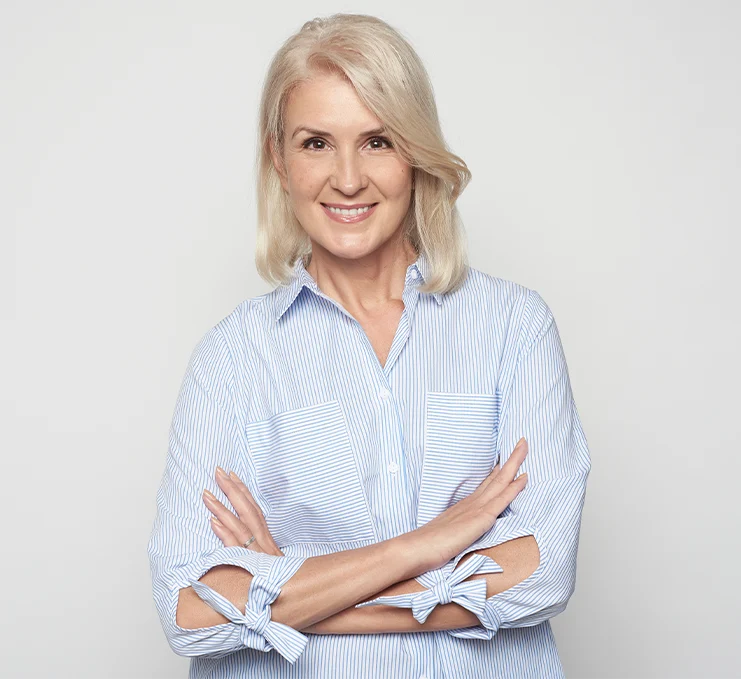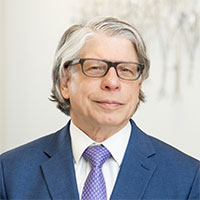
In some cases, medical conditions can play a significant role in developing hollow cheeks. Chronic illnesses such as autoimmune diseases, cancer, or severe infections can lead to facial fat loss as the body’s resources are depleted. Certain medications or treatments, like chemotherapy, may also contribute to volume loss in the cheeks. Here are some common reasons why cheeks may lose volume over time.



Dr. Fedok understands how much your appearance can affect your well-being and confidence. When you see changes like hollow cheeks, it is natural to feel like your outward look does not reflect how vibrant you feel inside. During your consultation, Dr. Fedok will take the time to understand your concerns and desired results. He will create an individualized treatment plan to restore facial balance and fullness adding to a renewed sense of youthful vibrance.


Dr. Fedok prioritizes patient safety, using advanced methods to minimize risks while ensuring comfort and satisfaction throughout the treatment. Potential risks include:


All procedures are performed in our Quad A–Accredited surgical facility, which has been independently evaluated for anesthesia safety, sterile processing, emergency readiness, and strict surgical standards. Patients can feel confident knowing their care meets national hospital-level protocols in a private, specialized environment.


By Dr. Fedok, a well-respected and widely published double board-certified plastic surgeon whose before and after gallery, RealSelf and Google Reviews reflect his trusted expertise.
Individuals at risk for hollow cheeks include those who are aging, have a genetic predisposition, experience significant weight loss, or have lifestyle factors such as smoking or excessive sun exposure that accelerate facial fat loss.
Most treatments, such as dermal fillers, are minimally invasive and cause little discomfort. Numbing agents are often used to ensure patient comfort. Surgical treatments may involve more discomfort but are managed with anesthesia.
Our Foley office is conveniently located for patients across the Gulf Coast and beyond — we serve communities throughout Alabama, Florida, Georgia, Louisiana, Mississippi and Texas.